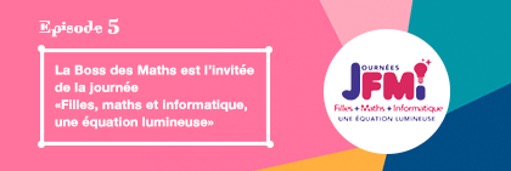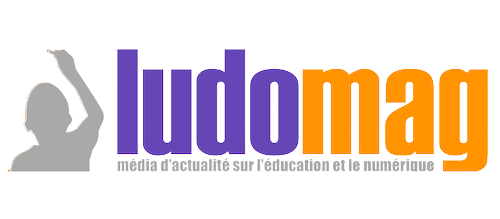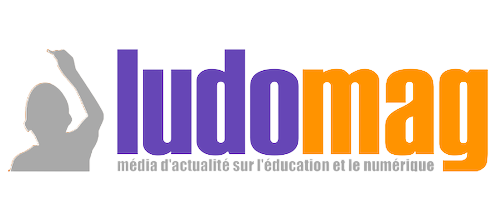At the beginning of the year, high school girls must think about their future career paths. Every year, starting from the 9th grade and especially in the 12th grade, choices will shape their future. To help them think without the influence of gender stereotypes, to open up new perspectives for them, and to introduce them to inspiring professionals, the day « Girls, Maths, and Computer Science: A Bright Equation » is entirely dedicated to them. Organized by the Women and Mathematics association in many high schools, it provides a moment for reflection and discussion.
The program facilitates numerous meetings and discussions, whether during meals, speed meetings, or during the theater performance. The favorite meetings of the high school girls take place during speed meetings. One high school girl testifies:
It was very enriching for me. I discovered all the possibilities that studies in mathematics could lead to. Some of the women I met also reassured us about our career choices: they too didn’t know what they were going to do at our age. It is so rare to give voice to high school girls! Whether during speed meetings or during the theatrical role-playing game, they enjoy expressing their desires and questions.
Isabelle Cussac, host of the podcast The Math Boss, attended the day organized by Women & Mathematics to testify about their common goals.
As a female entrepreneur, I appreciate Texas Instruments’ support for the cause of equal access to scientific careers through The Math Boss. It is crucial to help better understand the effects of stereotypes on career choices. We must continue to mobilize all audiences: professionals, researchers, teachers, high school girls, mothers… and their male counterparts, of course!

Podcasts to End Gender Stereotypes in Mathematics Education
The « Math Boss » podcasts dismantle stereotypes, episode after episode. Four episodes had already been released:
- The influence of gender stereotypes on students’ performance.
- What actions on the ground can be taken to promote gender equality in math?
- Obstacles to girls’ access to digital fields.
- How to better welcome women into scientific education and the workforce?








